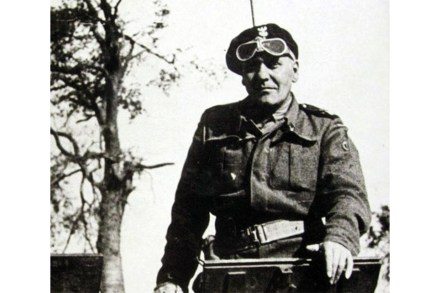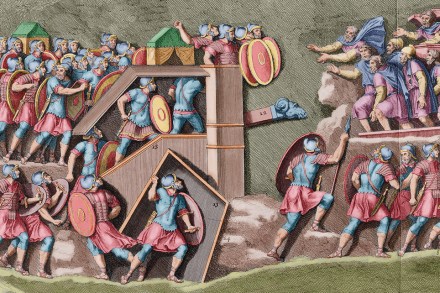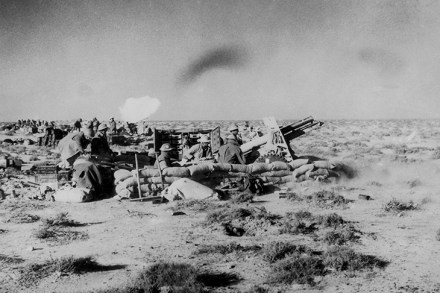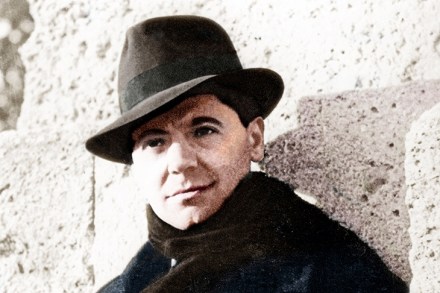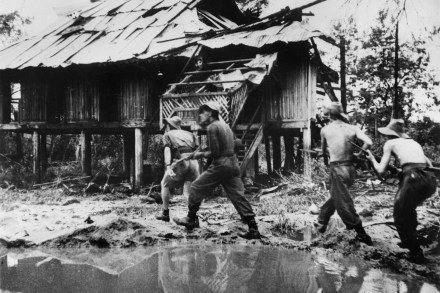The army is too woke for war
Last month, in a two-page letter to colonels of corps and regiments, the Deputy Chief of the General Staff, Lieutenant-General David Eastman, inadvertently exposed the moral confusion, panic even, possessing parts of the British Army. Invited to dine by retired and serving officer members of the private London club Boodle’s, Eastman was dismayed to discover





